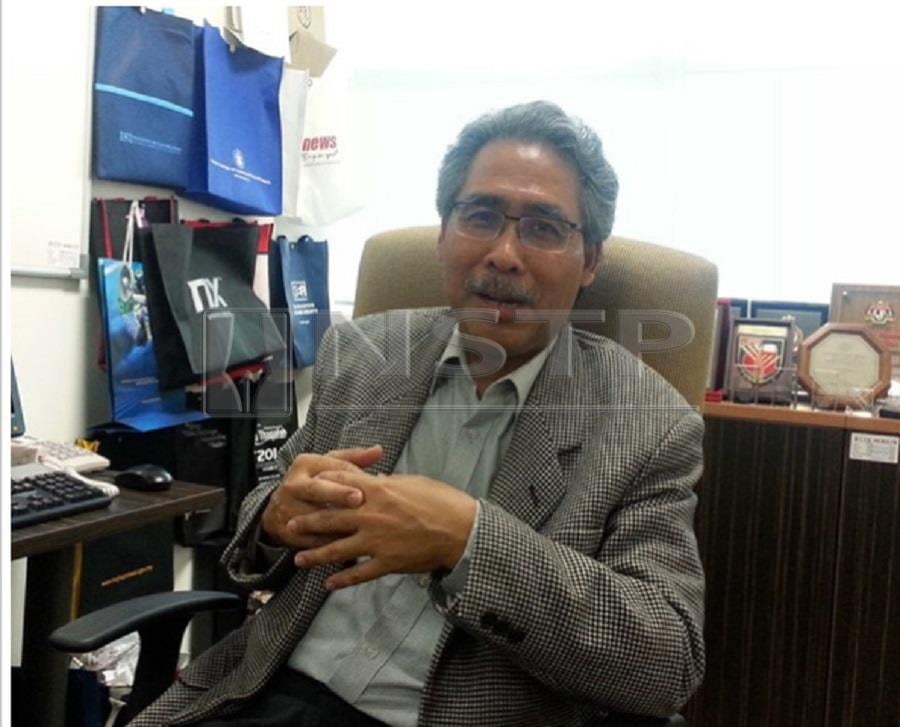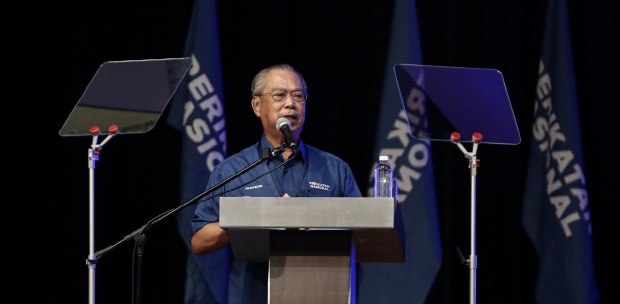KUALA LUMPUR: Germany’s political funding model is not suitable for use in Malaysia as it would not be beneficial for smaller political parties.
Geostrategy experts Azmi Hassan said that in Germany, government funding is given based on 0.5 per cent of the votes garnered, and this would naturally only benefit big political parties.
He said that as a result, major political parties in Germany such as CDU and SDP would receive huge allocations while smaller ones are left behind.
“The formula used in Germany would not be suitable here. But what we should emulate is Germany’s legislation which requires parties’ budgets to be made public,” he told NSTP.
Azmi was commenting on a statement by Prime Minister Tun Dr Mahathir Mohamad, in which the latter said the government is studying the best mechanism for political funding for Malaysia. This, said the prime minister, was to eliminate bribery in the management of parties as corruption is rife mostly within such organisations.
Dr Mahathir was quoted as saying that the government is studying several options, including the one used by Germany in which the government provides funding so that political parties need not source for donations from the public.
Meanwhile, Azmi said the best mechanism to manage political funding in Malaysia is by way of legislation, adding that this aspect has to be developed in great detail.
He said this is not only to overcome corruption bur also to prevent those with interests from taking the opportunity to donate to political parties in hopes that they can benefit in the future.
“In this issue, the legislative system used in Germany, the United States and the United Kingdom can be used as a guide. But we have to remember that not everything is suitable for Malaysian purposes.
“Our neighbour, Singapore, also possesses its own legislation and when they drew on examples from other countries. Any funding is also restricted to its own citizens.
“Whatever model the government chooses, it needs to be studied in detail with regards to its suitability,” he said,
Meanwhile, Universiti Malaya political analyst, Associate Prof Dr Awang Azman Awang Pawi, said the best way to manage political funding is to first tackle the political culture.
He said for example, the practice of having political patrons must be eliminated as this will lead to an end to money politics.
He said the same applies to the streamlining of management of moral and ethics aspects in a bid to develop a healthy political culture so that the integrity and transparency of politicians are no longer doubted, especially when it comes to managing funds.
“As long as this isn’t cleaned up, it will always pivot towards money politics and abuse of political funds.
“What’s important is that the government must create a special body to supervise and monitor to ensure that the code of ethics is followed,” he said.
Info on Germany’s political funding system:
* Apart from the government, political parties can also source for funding from private donors, corporations as well as membership fees.
* The criteria for the allocation of funds from the government depends on the party’s stature within the community. This is measured via the number of votes a party receives in the European, Parliamentary and Landtaq (state-level) elections.
* Funds allocated for parties are decided upon each Feb 15.
* The Political Parties Act states that the maximum public funds which can be allocated annually is around RM635 million.
* The final say lies with the Bundestag president.
* Political parties receive around RM3.35 annually per each confirmed vote in their list of party members. Another RM3.35 is given for each vote received in the voting district if the list is not recognised at state level.
* The act states that each party receives around RM4.70 per vote, capped at four million votes.
* Political parties also receive around RM1.82 for each Euro received from other sources such as individual donors, shareholders or legitimate donors.
* German political parties must submit an application by Sept 30 each year to the Bundestag president to decide on the amount of public funds it is eligible to receive.
* Donations received from the year before are also published in the financial statement.





